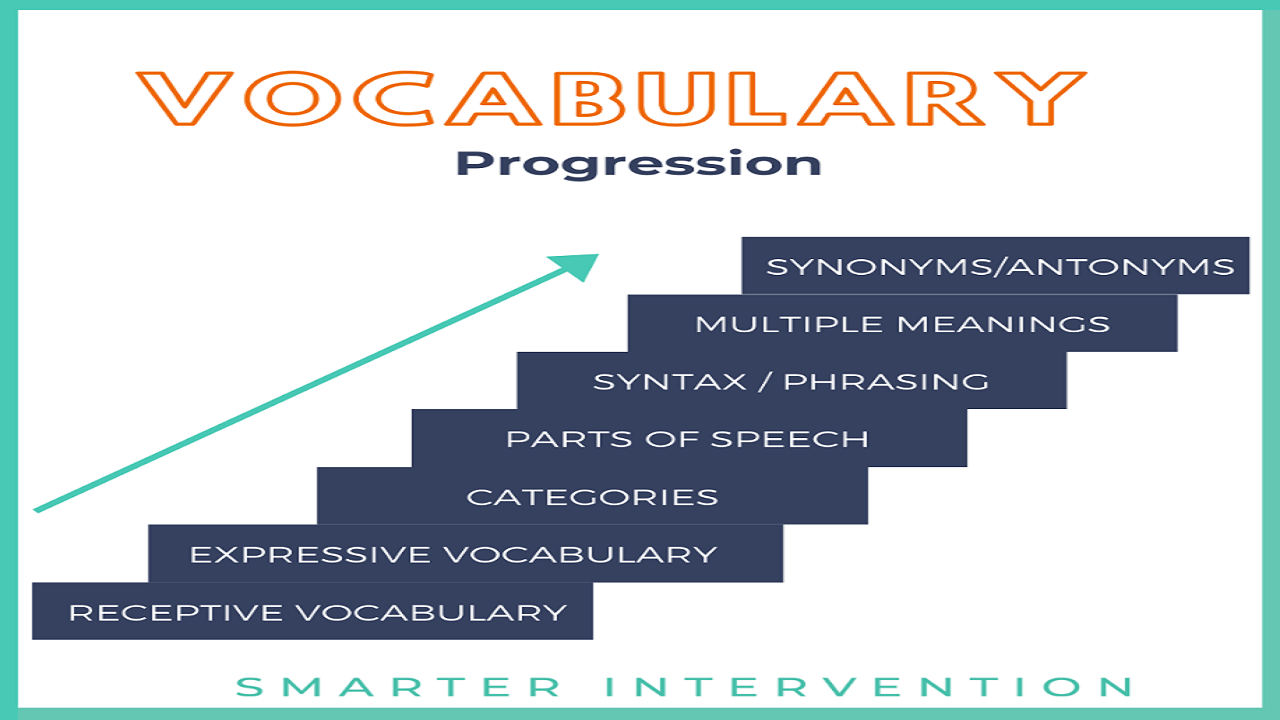
Reading is a fundamental skill that plays a crucial role in our personal, academic, and professional lives. It allows us to access information, gain knowledge, and explore new ideas. While various factors contribute to effective reading comprehension, vocabulary holds a significant position in unlocking the world of words.
Vocabulary refers to the set of words that an individual knows and understands. It encompasses both the words we recognize (receptive vocabulary) and the words we actively use (expressive vocabulary). When it comes to reading, a robust vocabulary empowers readers to comprehend texts, infer meaning, and engage with the author's ideas effectively.
Building a rich vocabulary repertoire positively impacts reading comprehension. When readers encounter unfamiliar words in a text, their ability to derive meaning from context plays a vital role. A wide range of vocabulary equips readers with the tools to make educated guesses about the meaning of unknown words, ensuring that their reading experience remains fluid and uninterrupted.
Additionally, a strong vocabulary enhances reading fluency. Fluency refers to the ability to read effortlessly, accurately, and with appropriate expression. When readers possess a vast vocabulary, they can quickly recognize words, understand their nuances, and interpret their intended meaning. This facilitates smoother reading, leading to better comprehension and engagement with the text.
Vocabulary is the gateway to acquiring new knowledge and understanding diverse topics. As readers encounter unfamiliar words related to specific subjects, their vocabulary expands, enabling them to grasp complex concepts and engage in deeper learning. A broad vocabulary also allows readers to make connections across different texts and disciplines, facilitating critical thinking and the synthesis of information.
Moreover, a robust vocabulary fosters a love for reading. When readers possess a rich repertoire of words, they can fully appreciate the beauty of language and the power of expression. This not only enhances their reading experience but also motivates them to explore various genres, authors, and styles, broadening their literary horizons.
Vocabulary proficiency is closely linked to effective communication skills. When readers possess an extensive vocabulary, they can articulate their thoughts and ideas more precisely and accurately. A diverse vocabulary provides individuals with a broader range of words to choose from, allowing them to convey their messages with clarity and sophistication.
Furthermore, a strong vocabulary promotes better writing skills. Through reading, individuals are exposed to various writing styles and structures, expanding their knowledge of grammar, syntax, and vocabulary usage. This exposure helps develop their own writing abilities, enabling them to communicate effectively in written form.
While vocabulary naturally develops through regular reading, there are specific strategies that can accelerate the process:
By implementing these strategies, educators and parents can actively support the development of a robust vocabulary and facilitate a lifelong love for reading.
Vocabulary plays a pivotal role in reading, enabling readers to comprehend texts, expand their world knowledge, and develop strong communication skills. A broad vocabulary repertoire enhances reading comprehension, fosters a love for reading, and empowers individuals to express themselves effectively. By recognizing the importance of vocabulary and employing strategies for vocabulary development, we can unlock the world of words and open doors to endless opportunities.